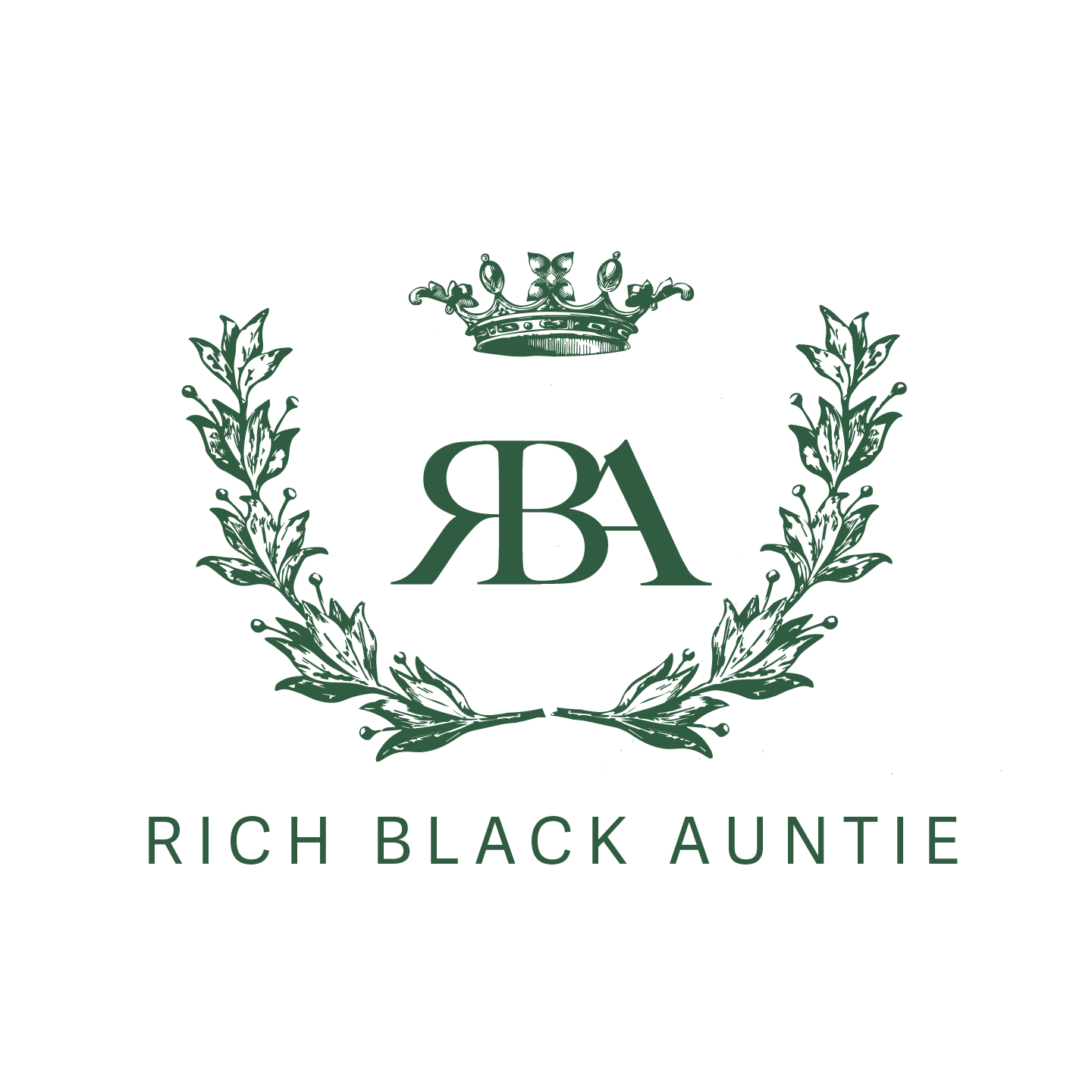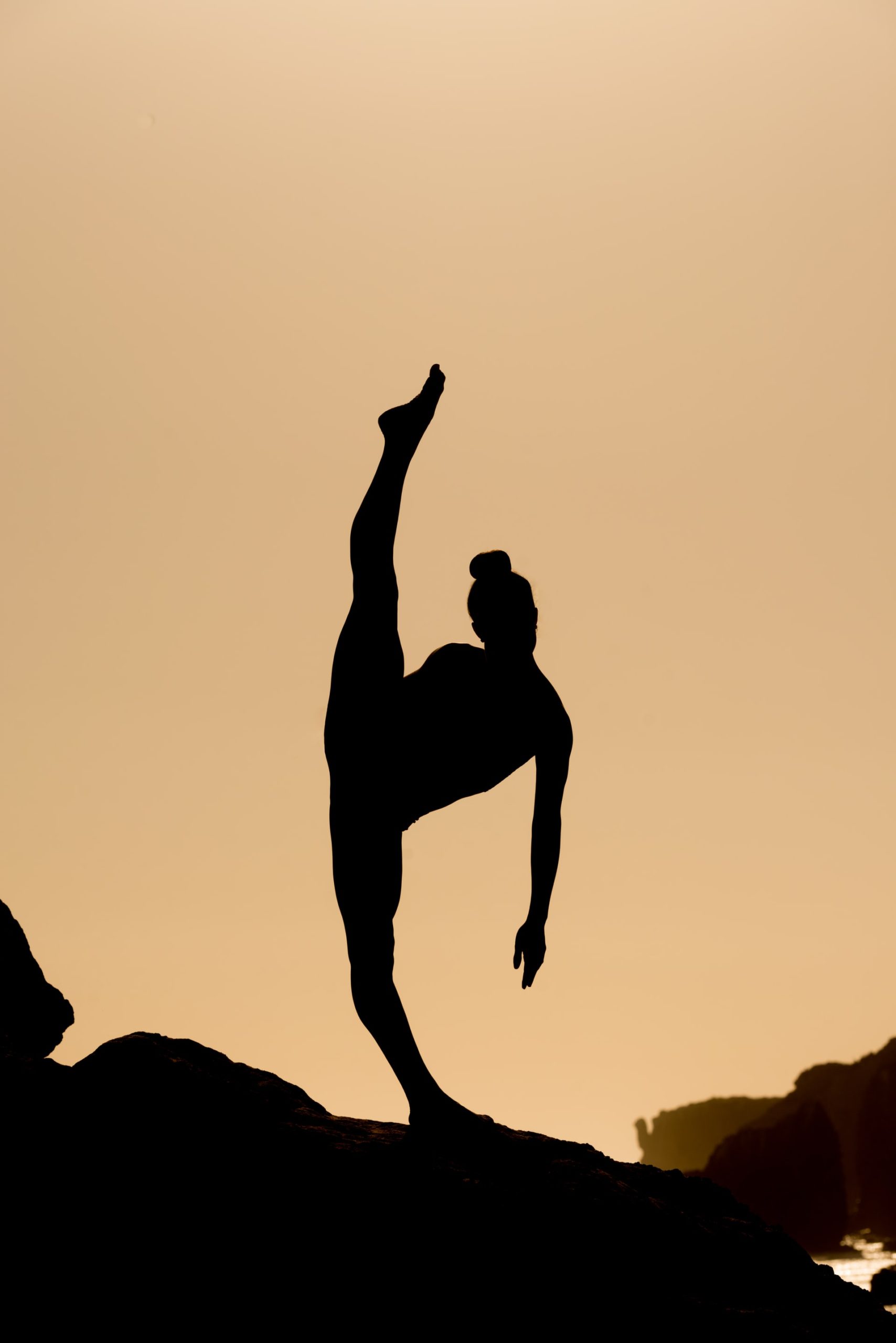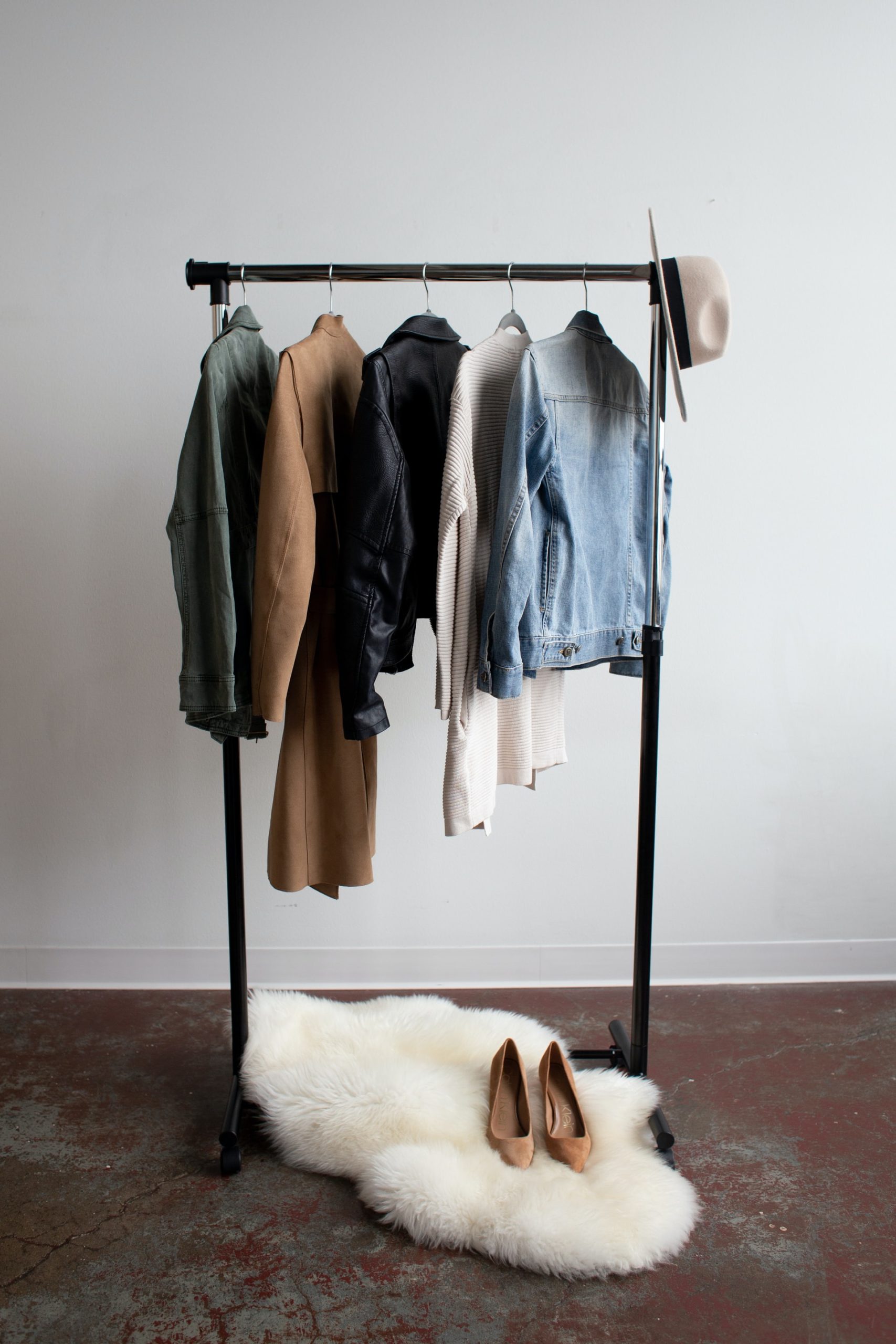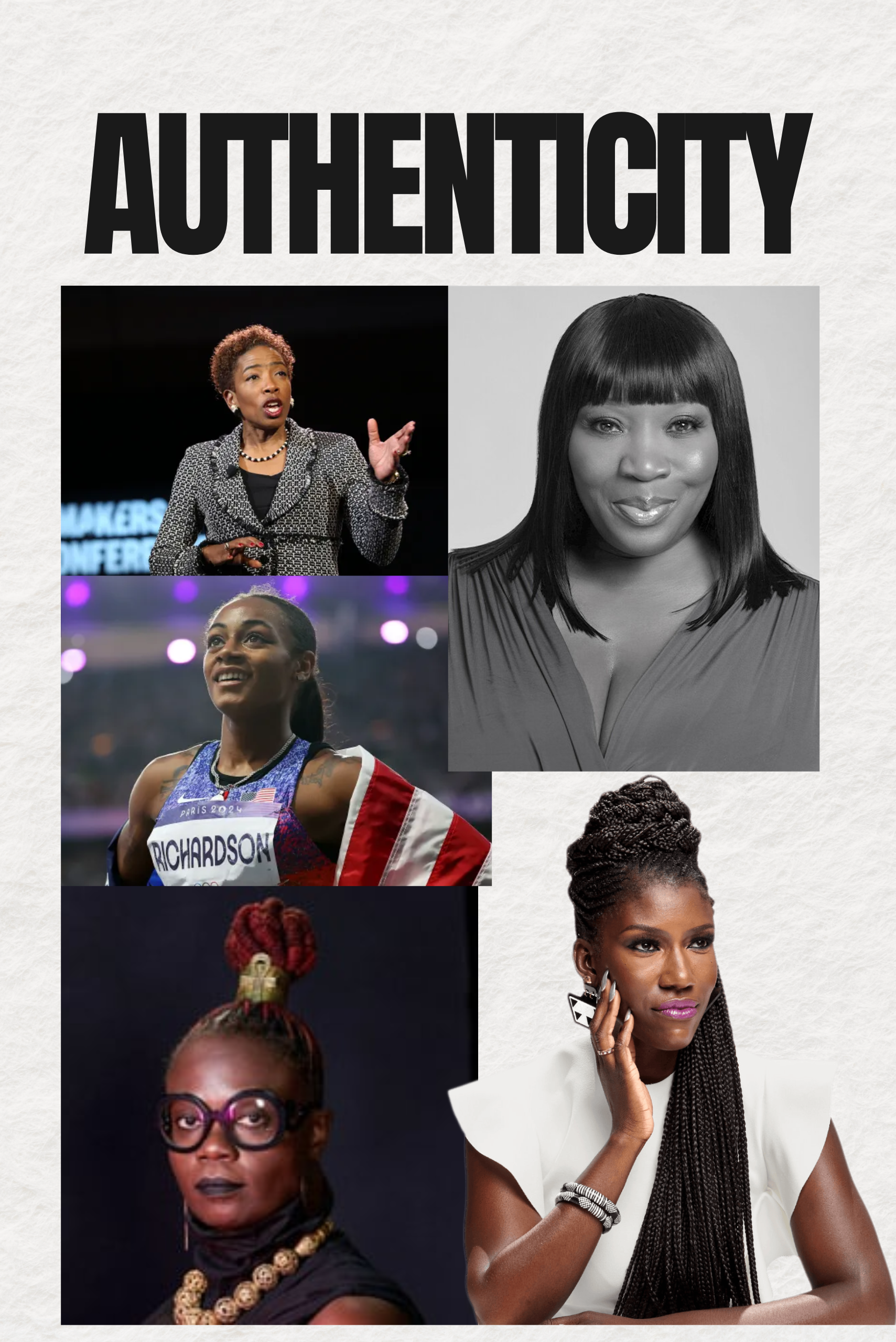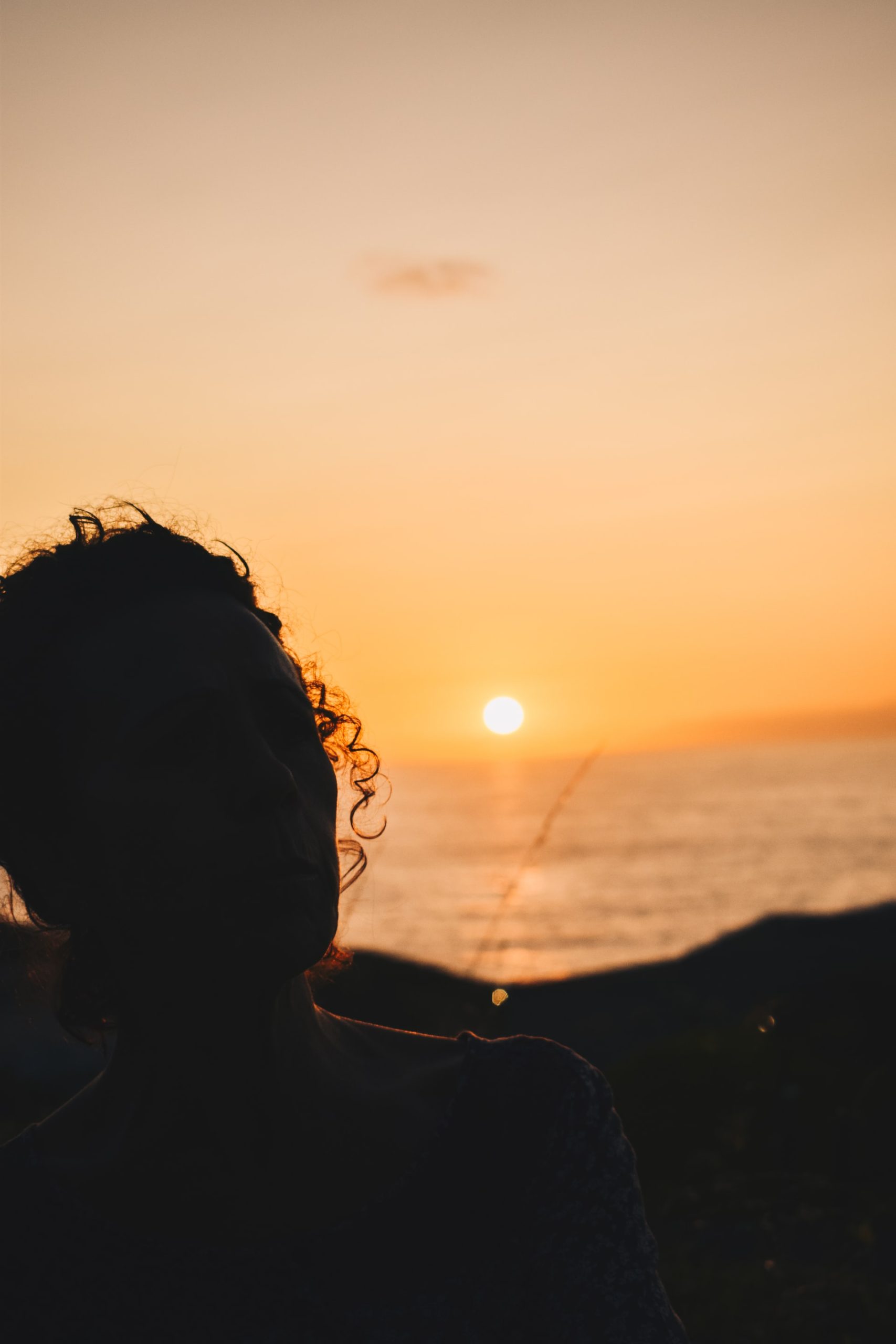Why I Said Trump’s Election Was Best For Black Women’s Wellbeing
I knew it was a hot take—but it wasn’t ragebait.
I really thought about it before I said it, and then again before I hit post. As part of the 92%, I took Kamala losing the election pretty hard. But eventually, I had a mindset shift—sparked by a personal experience I’ll never forget.
The bittersweet feeling of that morning has never left me.
It was Wednesday, November 5, 2008. I walked into school expecting a normal day of classes and extracurriculars. The only thing different? Barack Obama had just been elected President the night before.
At the time, I was comfortable in my environment. My school was mostly white—peers, teachers (except Spanish), all of it. And I was happy. Familiar.
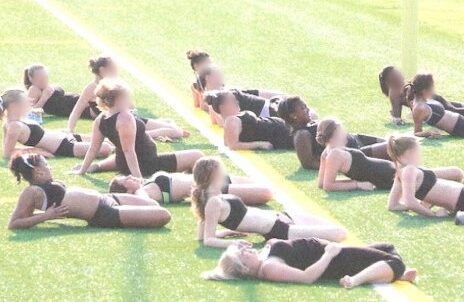
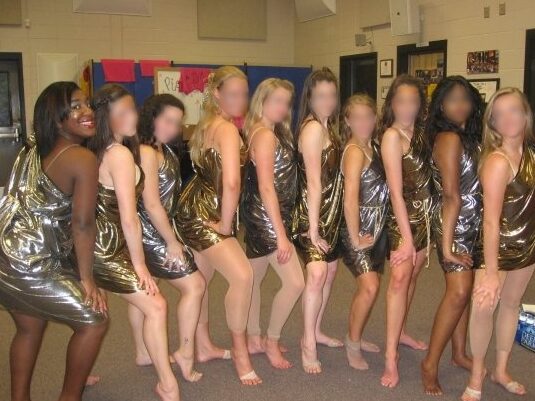
But I never made it to homeroom that day.
Instead, I called my mom and asked her to come get me. What I walked into that morning shook me. Parents, classmates, and even some faculty were crowded in the school lobby—some sobbing, some cursing, others praying loudly. They couldn’t believe a Black man was now their president.
No one smiled at me. No one said “Good morning.” And when my mom arrived, their frowns got deeper. She was horrified. Right then and there, she demanded my un-enrollment.
That day shattered my sense of safety and taught me complicated truths about America—and my proximity to whiteness. I learned that racism isn’t about individual people, its scale outweighs any one person’s ideologies. And that no amount of closeness to white people can shield Black people from it.
I didn’t vote. I was just a kid. But I was still in danger—because white people were mad about a Black president.
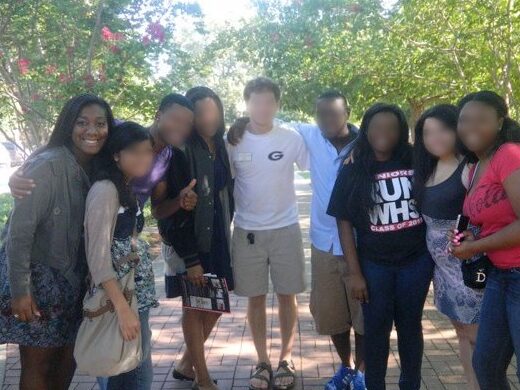
Transferring schools ended up being a blessing.
I landed at a magnet school with a beautifully diverse student body. I got more involved in sports and clubs. I met my best friends—who are still my best friends today. I grew more confident, more rooted. Being in community with Black and brown people gave me the support I didn’t know I needed.
But that memory stayed with me. Because what happened in 2008 still mirrors what Black women face in public life today.
We’re constantly viewed through narrow, distorted lenses. And that often forces us to shrink our authenticity just to avoid confirming harmful stereotypes. Black women—especially—are expected to model “acceptable” behavior for personal gain in predominantly white spaces.
Rejection in protection.
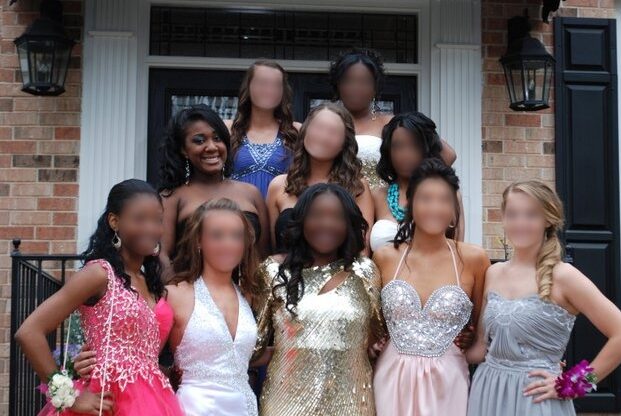
So, no—I wasn’t trying to trigger people when I posted that TikTok about how Black women might actually be better off with Trump as president. I still believe Kamala would’ve been the best choice for the country. But I can’t ignore what we now have: the chance to divest from performative survival strategies and lean fully into our own communities.
Let white people deal with the consequences of the racism they created and sustained.
I’m resting. But I’m also building.
I’m moving slower and with more intention. I’m working on projects that feel good, with people I genuinely admire. The consequences of this presidency are real—and Black women are not exempt from them. But this moment gives us an opening:
To pour into ourselves.
To reimagine safety, power, and peace—without the constant weight of white tears.
